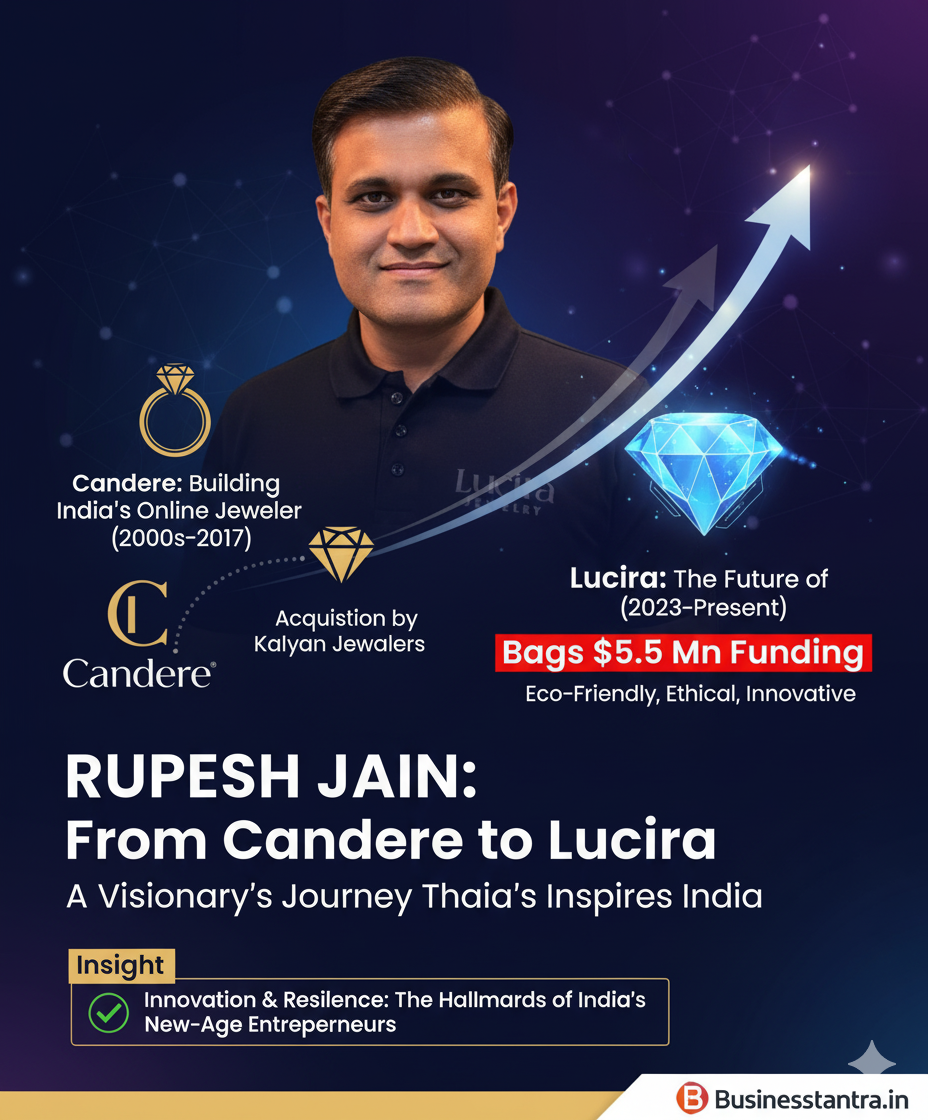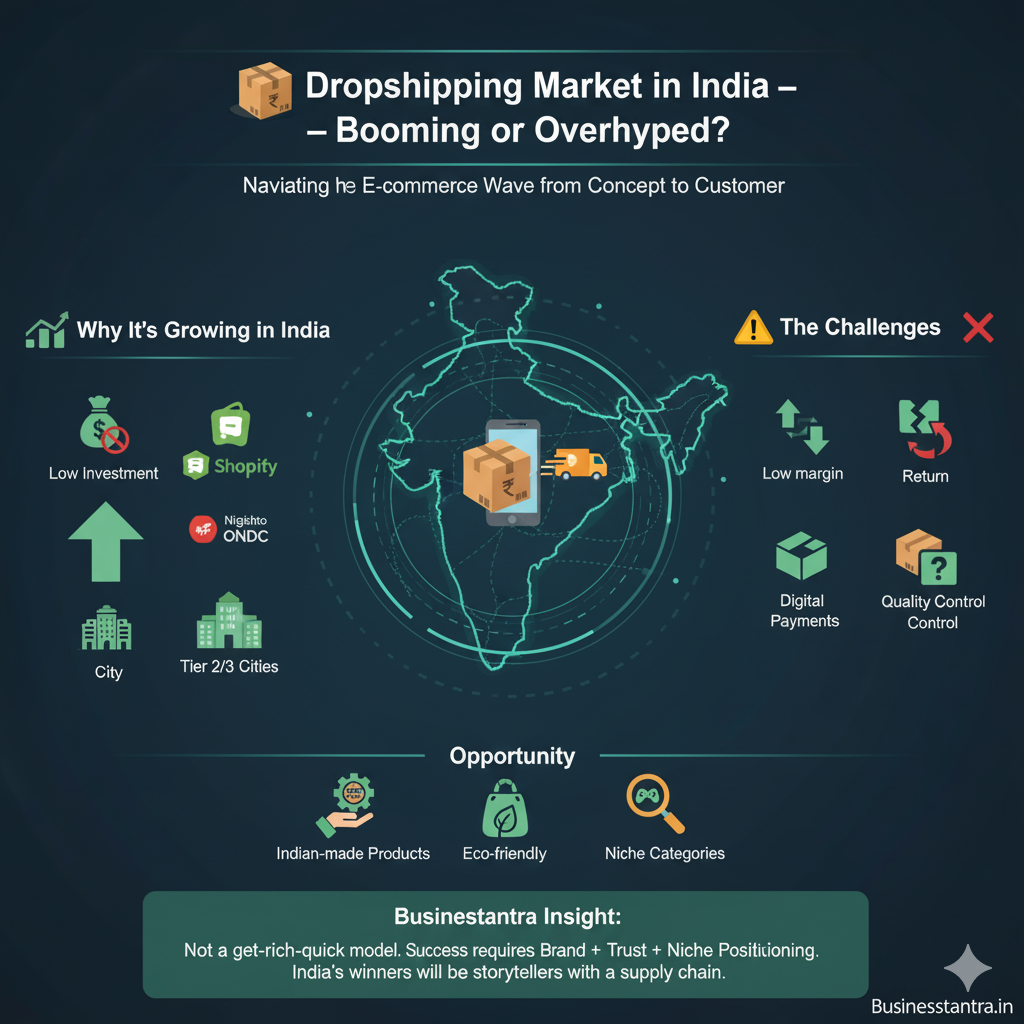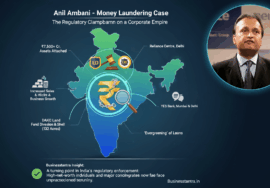Are Former Startup Founders Less Hireable?
[ad_1]
As constant change and uncertainty become the norm, many leaders are increasingly driven to hire entrepreneurial, innovative employees. And yet, when the authors conducted a field study in which they sent out 2,400 applications to employers across the U.S., they found that former startup founders — i.e., people who have exactly the kind of experience that should ostensibly appeal to recruiters looking for innovative talent — were 43% less likely to receive an interview. Furthermore, they found that founders whose ventures had succeeded were 33% less likely to receive an interview than those who had failed, suggesting that recruiters may be more concerned with candidates’ fit and commitment than with their capabilities (since a successful founder has a track record demonstrating their entrepreneurial capabilities, but might be considered likely to be a poorer culture fit and a greater flight risk than a failed founder). In light of these findings, the authors argue that former founders looking for traditional employment should proactively address recruiters’ concerns regarding fit and commitment, and that hiring firms should work to ensure recruiters’ incentives are aligned with high-level goals to attract innovative talent.
Most companies claim that they want to hire employees who are entrepreneurial and innovative. But when presented with job candidates who have real-world entrepreneurship experience — that is, startup founders — how do employers actually respond?
It’s not uncommon for former founders to find themselves on the job market. More than 90% of high-tech startups fail within a few years, and even successful founders often look for traditional jobs after their startup exit. Former founders ostensibly have exactly the kinds of qualifications that should appeal to employers searching for innovative talent. But it can be difficult for a hiring firm to validate their skills and experience, since founders’ track records are often largely self-reported and can’t be verified as easily as for employees leaving an established firm. In addition, recruiters focused on determining candidates’ cultural fit and commitment to the firm may see founder experience as a red flag, since they may assume entrepreneurs will want to “be their own boss” and will be more likely to leave the firm quickly to start another company.
To explore these conflicting considerations, we conducted a field experiment in which hiring firms evaluated applicants with and without founder experience. We sent out 2,400 job applications for software engineering positions across the U.S. using three different candidate profiles: a technical co-founder of a failed startup, a technical co-founder of a successful startup, and a non-founder who was a technical employee at a tech startup. All three profiles had otherwise similar skills and experience — and yet, we found that all else being equal, former founders were 43% less likely to receive a “callback” (or first-round interview) than non-founders.
Why might this be? One might expect that this disadvantage would be driven by founders whose ventures had failed, since recruiters might attribute the failure to a founder’s lack of capabilities and skills. But in fact, we found that former founders with a successful venture were 33% less likely to be invited to interview than founders with a failed venture. This suggests that recruiters may be more concerned with candidates’ fit and commitment than with their capabilities (since a successful founder has a track record demonstrating their entrepreneurial capabilities, but might be considered a poorer culture fit and a greater flight risk than a failed founder).
This was supported by a secondary analysis, in which we found that both the preferences for non-founders over founders and for failed over successful founders were strongest among older, more-established firms. Since older firms tend to have more-rigid cultures and more-hierarchical structures, this further suggests that concerns about fit and commitment are likely key factors driving recruiters’ callback decisions.
We then further validated these findings through a series of interviews with 20 technical recruiters, in which we consistently found that fears about former founders’ fit and commitment drove their strong preferences for non-founders, and among founders, for failed rather than successful ones. Recruiters did generally assume that former founders would possess a broader set of skills, a growth mindset, and a penchant for innovation. But they tended to place much more importance on their perception that experience as a founder (and especially as a successful founder) signaled that a candidate was more likely to be a poor fit and to be insufficiently committed in a traditional employee role.
For example, we spoke with a recruiter at a health care tech firm who expressed concerns about cultural fit: “[Former founders] are afraid of politics, hate the documentations they need to go through, and don’t seem to understand why there is a structure here. They are from a chaotic environment and may expect peaceful working conditions here. But that’s not always the case.” A recruiter at a large, LA-based tech company expressed particular concerns about successful founders’ commitment, sharing: “We are scared [former successful founders] won’t settle into their role. Few [founders] even get an interview but the ones that have are ‘failures.’”
The recruiters we talked to worried that former successful founders were not serious about seeking traditional employment and were just looking for a paid vacation while they thought up their next startup idea. Conversely, although some recruiters mentioned concerns that failed founders might be lower-quality candidates and lack key skills, many noted that external factors often cause startups to fail, and so they often didn’t penalize candidates for these failures. In fact, some recruiters even noted that they appreciated when failed founders acknowledged what they had learned from their failures. In general, recruiters felt that founders who had tried their hand at entrepreneurship and failed would work harder to fit into a new firm, would be more committed, and would be less likely to leave to begin another startup than those who had succeeded — but that any founder posed a greater risk than an equivalent non-founder candidate.
When applying to traditional jobs, former founders should proactively address recruiters’ concerns.
Of course, this doesn’t mean that experience as a founder makes you unemployable. While the founders in our experiment (and especially the successful ones) were a lot less likely to receive an interview than candidates without founder experience, they still got interviews 11 to 16% of the time — illustrating the substantial demand for technical talent regardless of founder experience.
However, our research does suggest that former founders can anticipate and address recruiters’ potential concerns by highlighting how they see themselves fitting into the company and how committed they would be to it. Former founders can also leverage referrals to help alleviate hiring firms’ concerns (though of course, they will need to find people in their network who can authentically advocate for them, who don’t hold similar concerns regarding their fit or commitment). And finally, former founders should tailor their applications to the specific firm to which they’re applying. In particular, our research suggests that younger firms are more likely to value entrepreneurial experience and be less concerned about a former founder’s fit and commitment. But if a former founder wants to apply to an older firm, recruiters may be more hesitant, and so candidates should find ways (e.g., securing a referral, highlighting skills and interests relevant to the role, emphasizing cultural fit with the firm, etc.) to preempt their concerns.
To get the best candidates in the door, employers must align hiring strategy and execution.
At the same time, our research suggests that many firms may struggle to align high-level hiring priorities with on-the-ground HR practices. CEOs and senior executives often want to hire employees who are entrepreneurs and innovators, and they typically take a long-term view: For these leaders, bringing in a great innovator (i.e., someone with successful founder experience) is likely worth the risk of interviewing or even hiring a few employees who fit poorly or exit the firm quickly. But recruiters are often evaluated based on short-term metrics such as retention rate and role fit, making them less willing to take a risk on hiring a former founder. The recruiters we interviewed made this incentive structure clear: No one will know if you failed to offer an interview to a candidate who could have been the firm’s next big thinker, they explained, but no one will forget it if you fight for a successful former founder, only to have them leave the company within a year to begin a new startup, maybe even with another employee in tow.
To address this misalignment, high-level leaders should pursue an open dialogue with their HR teams around the potential value of candidates with founder experience — and incentivize recruiters to act accordingly. After all, recruiters are the gatekeepers of the top of the hiring funnel: While a positive initial evaluation from a recruiter doesn’t mean a bad candidate will get a job, a negative initial evaluation will remove them from the hiring process completely. If leaders want their recruiters to take risks on entrepreneurs, they need to understand that this may mean letting a few unorthodox candidates get in the door — and trusting their hiring process to weed out poor fits from truly high-potential applicants.
[ad_2]
Source link










